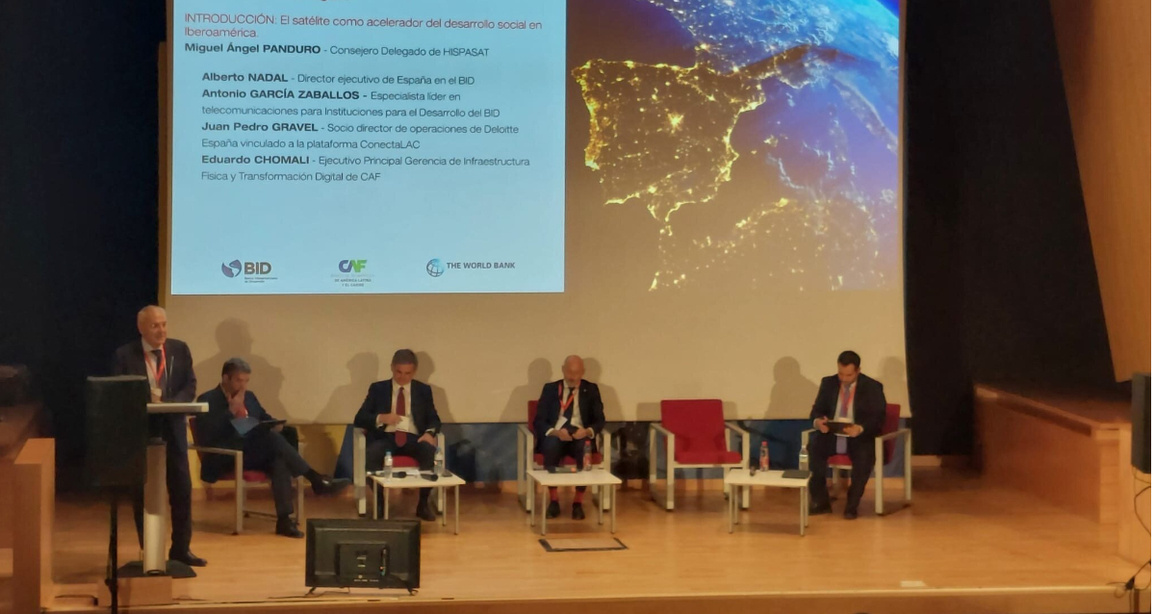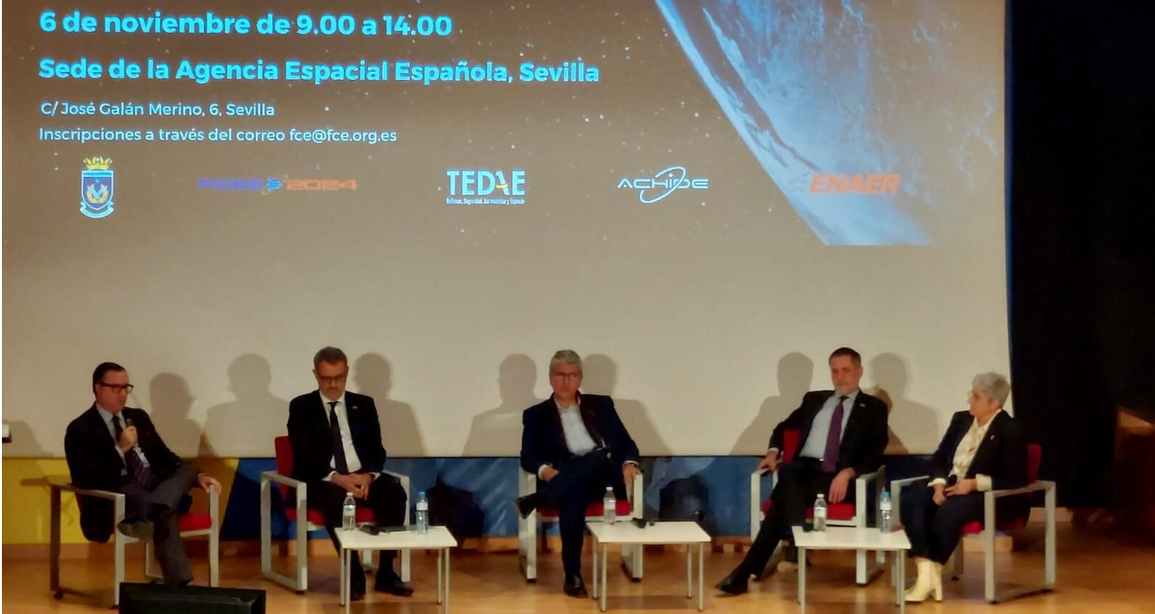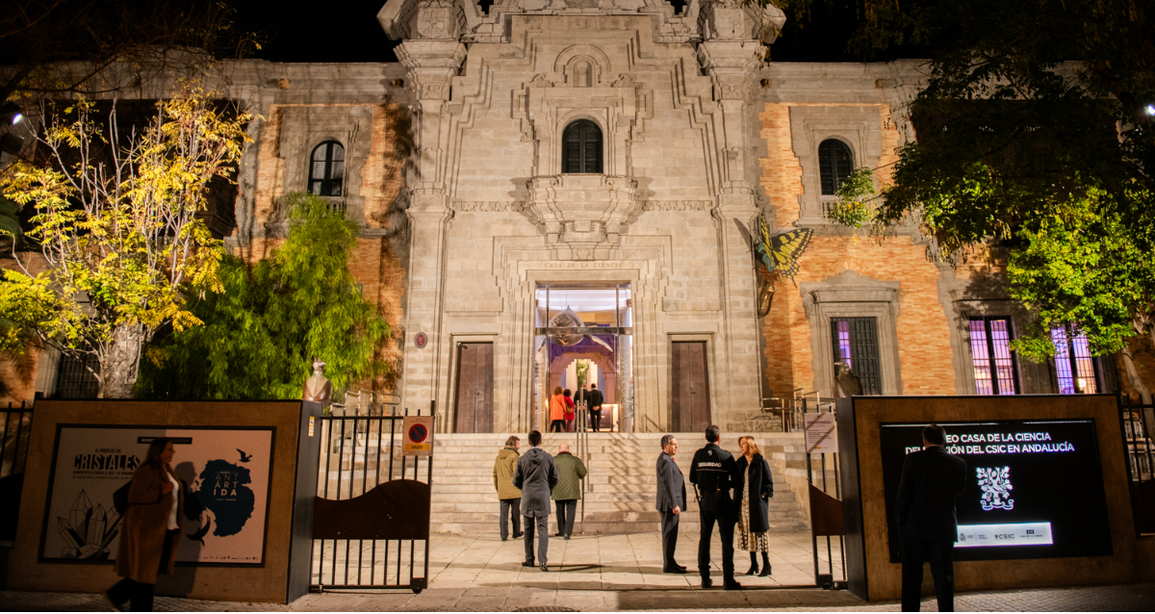
|
07 noviembre 2023
Within the framework of the European Space Week being held this week in Seville, Miguel Ángel Panduro, CEO of Hispasat, was responsible for introducing the debate “The satellite as an accelerator of social development in Ibero-America”. A reflection on the challenges and opportunities of satellite connectivity organized by ICEX and the Spanish Space Agency.
Panduro explained that "investment in telecommunications infrastructure is one of the main levers to achieve an increase in productivity and ensure growth in a digital economy in Latin America, thus avoiding another lost decade."
ECLAC data indicates in its latest update from March 2022 that 57% of the Ibero-American population does not have access to the internet. The World Bank is somewhat more optimistic and estimates the population without connectivity at 47%, which is 280 million people.
What can the satellite do to solve this situation? To begin with, stated the CEO of Hispasat, "with connectivity we can ensure that throughout Latin America all citizens, regardless of where they live, have the same opportunities for personal development, education and access to healthcare. But, in addition, "The Internet connection is a lever to increase productivity and the economy to grow more. The satellite Internet connection facilitates an immediate, effective and universal implementation of high-speed Internet."
That is, it is capable of providing early victories that would encourage the transformation process and rapidly change people's lives, given that the infrastructures already exist and are operational. A combination of characteristics that make the satellite an essential solution in rural areas and in regions with difficult terrain.
Therefore, it represents the opportunity to join the development, avoiding the stage of heavy and costly investments in fiber infrastructure, quickly shortening the distance that separates it from other more advanced regions.
Given the difficulties that exist in the development of satellite connectivity, the CEO of Hispasat proposed sharing infrastructure. As he said, "the aerospace industry is in a moment similar to what the telecommunications industry experienced twenty years ago. It is not necessary for each country to launch its own satellite because they can be shared."
He gave as an example the Amazonas Nexus, a satellite launched on February 7 by Hispasat from Cape Canaveral. It has included a load from the Greenland operator Tusass to provide connectivity to Greenland: there they call this satellite Greensat and Hispasat is also collaborating in the deployment of the infrastructure.
Panduro also proposed public policy support to facilitate internet connection and prevent the digital divide from continuing to grow. IDB data indicates that for 40% of the population, connectivity represents 19% of their income.
As he explained, "Spain has launched an initiative that is a pioneer in Europe." Financed with European Next Generation funds, access to high-speed satellite internet at 35 euros per month in those areas where there are no fixed infrastructures with a speed of 50 Mbps. UNICO Rural Demand is a program that can be a reference for Latin America, given that The European Union plans to invest 9 billion in improving connectivity with Global Gateway funds.

06 noviembre 2023
Antonio Abad, Technical Officer at Hispasat, has participated in the V Chile-Spain Aerospace Forum. In the debate on public-private collaboration, he explained that space is a natural area of international cooperation. Sharing what can be done in cooperation with other countries.

10 noviembre 2023
The Spanish space industry, represented by Airbus and Hispasat, has brought together delegations from Ibero-American countries during the space summit being held in Seville to explore avenues for cooperation in the future.